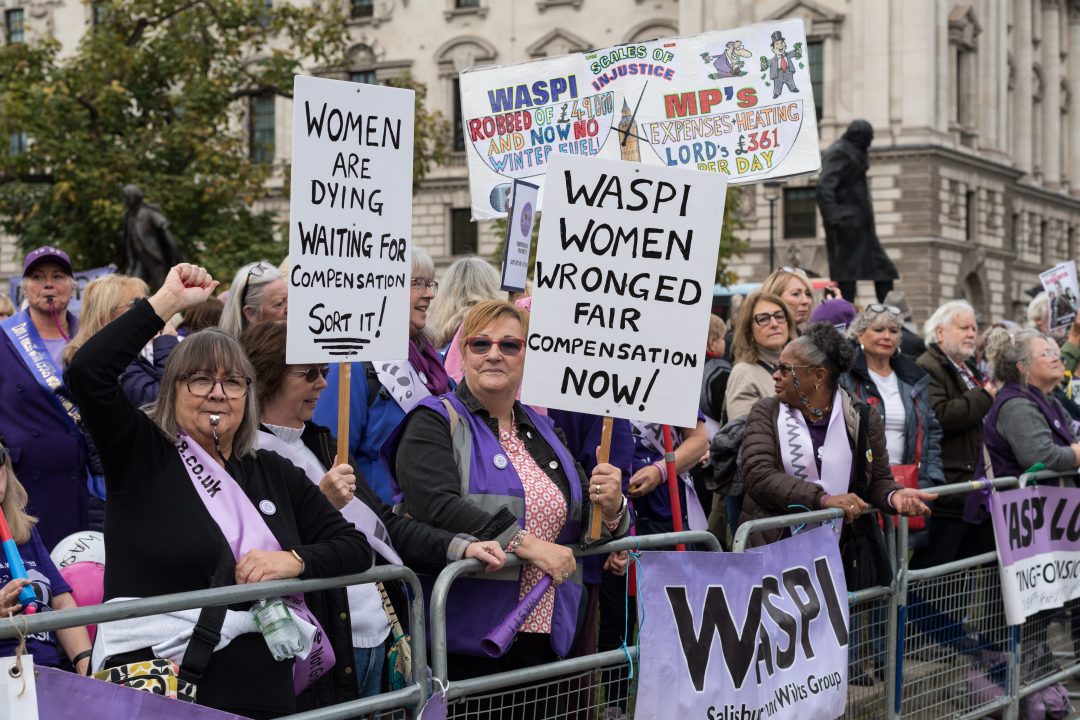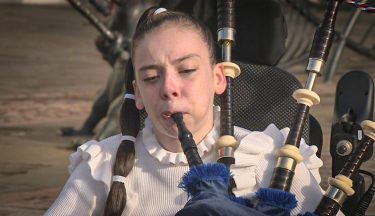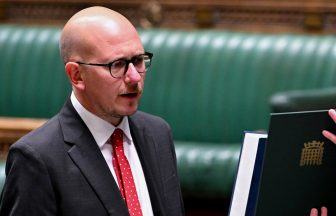Women affected by changes to the state pension age will not receive compensation.
The UK Government has rejected an ombudsman report after years of campaigning by Women Against State Pension Inequality (WASPI).
Work and pensions secretary Liz Kendall told the Commons: “These two facts: that most women knew the state pension age was increasing and that letters aren’t as significant as the Ombudsman says, as well as other reasons, have informed our conclusion that there should be no scheme of financial compensation to 1950s-born women, in response to the Ombudsman’s report.”
She added: “The alternative put forward in the report is for a flat-rate compensation scheme, at level four of the Ombudsman’s scale of injustice, this would provide £1,000 to £2,950 per person at a total cost of £3.5bn and £10.5bn.
“Given the vast majority of women knew the state pension age was increasing, the Government does not believe paying a flat rate to all women at a cost of up to £10.5bn would be fair or proportionate to taxpayers.”
It comes after a report concluded that those affected by the changes – and who were not communicated with adequately – should receive an apology and payouts of between £1,000 and £2,950, which is lower than the £10,000 expected.
The Parliamentary and Health Service Ombudsman (PHSO) ruled in March that there had been maladministration in the way the Department of Work and Pensions (DWP) communicated reforms.
Women born in the 1950s were told they would have to wait longer for their state pension when changes to the state pension age to equalise it across genders were accelerated in 2010.
The Ombudsman recommended the affected women are paid £1,000 to £2,950 in compensation for the injustice they suffered.
That is a lower range than the £10,000 figure previously suggested by the State Pension Inequality For Women All-Party Parliamentary Group (APPG).
The report said it would cost as much as £10bn to compensate all women in born in the 1950s.
WASPI say millions have lost out due to the change and campaigned for compensation after retirement plans were harmed by the change.
Chancellor Rachel Reeves responded by saying she would not set aside funds for compensation in the Autumn Budget, amid an estimated £22bn “black hole” in public finances.
The pension age for both men and women is set to rise again from 66 to 67 between 2026 and 2028.
Follow STV News on WhatsApp
Scan the QR code on your mobile device for all the latest news from around the country
























